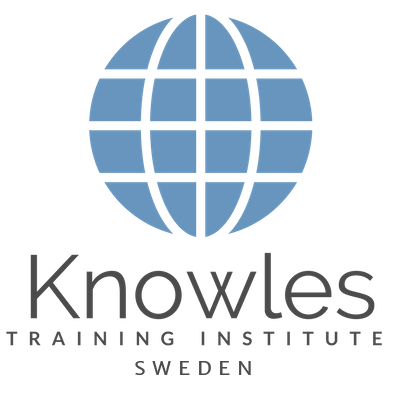Skip to content
Keyword MethodIntern1bksiuevej76kHhK2023-07-18T09:14:08+08:00
Keyword Method
Mastering Memory: Unleash the Potential of the Keyword Method for Optimal Recall and Retention
- Neuroplasticity and Memory: The Keyword Method harnesses the brain’s neuroplasticity to optimize memory mastery. By actively engaging in keyword associations and retrieval practice, learners can reshape neural connections, leading to improved recall and retention.
- Multisensory Imagery: The Keyword Method encourages the use of multisensory imagery to enhance memory encoding and retrieval. By incorporating vivid mental images and sensory experiences related to keywords, learners create stronger memory associations.
- Chunking and Categorization: The Keyword Method utilizes chunking and categorization strategies to organize information into meaningful clusters. This approach aids memory encoding and retrieval by facilitating the processing and organization of complex information.
- Contextual Embedding: The Keyword Method embeds new information within meaningful contexts to enhance memory retention. By linking keywords to relevant real-life examples or personal experiences, learners create deeper connections and improve information recall.
- Mnemonic Devices: The Keyword Method incorporates mnemonic devices, such as acronyms or rhymes, to facilitate memory encoding and retrieval. These devices provide mental shortcuts and cues that aid in the recall of associated information.
- Dual Coding: The Keyword Method leverages dual coding, combining verbal and visual representations, to strengthen memory encoding. By associating keywords with both verbal descriptions and visual imagery, learners engage multiple cognitive processes for enhanced retention.
- Self-Reflection and Evaluation: The Keyword Method promotes self-reflection and evaluation of keyword associations to optimize memory performance. By regularly assessing the effectiveness of their keyword choices, learners can refine their memory strategies for improved recall and retention.
- Spacing and Interleaving: The Keyword Method incorporates spacing and interleaving techniques to optimize memory retention. By strategically spacing out practice sessions and intermixing different keyword associations, learners strengthen memory traces and facilitate long-term recall.
- Personalized Meaning: The Keyword Method encourages the creation of personalized meanings for keywords to enhance memory encoding and retrieval. By relating keywords to personal interests, experiences, or values, learners establish stronger connections and make information more memorable.
- Real-World Applications: Beyond academic settings, the Keyword Method finds practical applications in various real-world scenarios. Whether remembering names, presentations, or important dates, the method’s principles can be adapted to improve memory performance in everyday life.
Page load link

